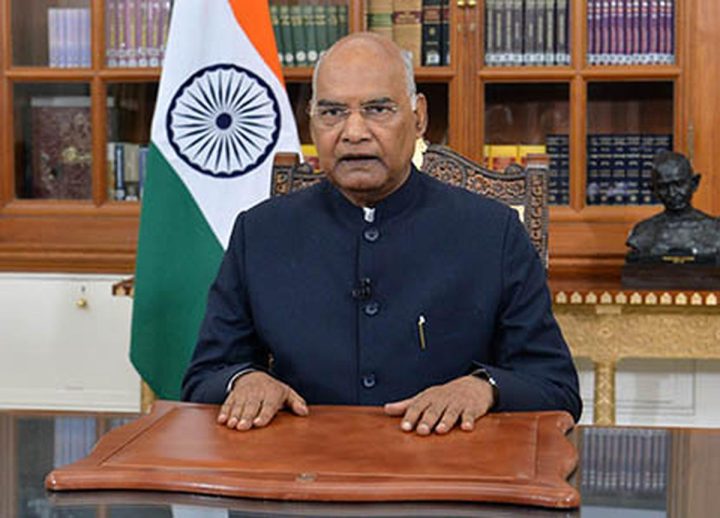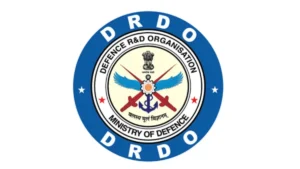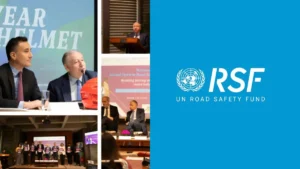On 1st September, the Indian government announced the formation of a committee led by former President of India, Ram Nath Kovind, to delve into the feasibility of ‘One Nation, One Election.’ This development follows the government’s announcement to hold a special parliamentary session from September 18th to 22nd, 2023, which has led to curiosity about the session’s purpose.
Understanding ‘One Nation, One Election’
‘One Nation, One Election‘ is a concept aimed at synchronizing elections for the Lok Sabha (the lower house of India’s Parliament) and all state assemblies. The central idea is to hold these elections simultaneously, either on a single day or within a specific time frame. This proposal has garnered strong support from Prime Minister Narendra Modi, reflecting the government’s seriousness as a series of elections loom on the horizon. Notably, assembly polls in five states are scheduled for November or December this year, followed by the expected Lok Sabha elections in May-June 2024.
Pros of ‘One Nation, One Election’
- Cost Efficiency: One of the primary benefits of this proposal is the significant reduction in the cost of conducting elections. Currently, separate elections at various levels require substantial financial resources, and streamlining them could result in substantial savings.
- Administrative and Security Efficiency: Simultaneous elections would alleviate the burden on administrative and security forces, which are repeatedly engaged in election duties during separate polls. This streamlining could lead to better resource allocation and efficiency in these critical areas.
- Enhanced Governance: With ‘One Nation, One Election,’ the government can focus more on governance rather than being in a perpetual election mode. Frequent elections often disrupt policy implementation and hinder the continuity of important initiatives.
- Higher Voter Turnout: According to the Law Commission, simultaneous elections have the potential to increase voter turnout. It simplifies the voting process for citizens, making it easier to participate in multiple elections at once.
Cons of ‘One Nation, One Election’
- Constitutional and Legal Challenges: Implementing ‘One Nation, One Election’ would necessitate changes to the Constitution and other legal frameworks. It would require a constitutional amendment and approval from state assemblies. While not a new concept, it has been attempted only four times in the 1950s and 60s when India had fewer states and a smaller population.
- Potential Overshadowing of Regional Issues: Critics argue that ‘One Nation, One Election’ could overshadow regional issues with national ones, potentially affecting the electoral outcomes at the state level. This could undermine the representation of regional interests.
- Political Consensus: Gaining the consensus of all political parties is a significant hurdle. Opposition parties have expressed reservations and opposition to ‘One Nation, One Election,’ citing concerns over its feasibility and implications for federalism.
Anticipating Insights from the September 2023 Special Parliamentary Session on Electoral Reform
The forthcoming special session of Parliament in September 2023 is expected to provide valuable insights into the government’s intentions and its approach to this ambitious electoral reform. Regardless of the outcome, the debate surrounding ‘One Nation, One Election’ underscores the importance of ensuring efficient, transparent, and representative democratic processes in India.




 Wankhede Honours Ravi Shastri Names Stan...
Wankhede Honours Ravi Shastri Names Stan...
 DRDO Successfully Tests VSHORADS Missile...
DRDO Successfully Tests VSHORADS Missile...
 UN Road Safety Fund Launched Road Safety...
UN Road Safety Fund Launched Road Safety...








